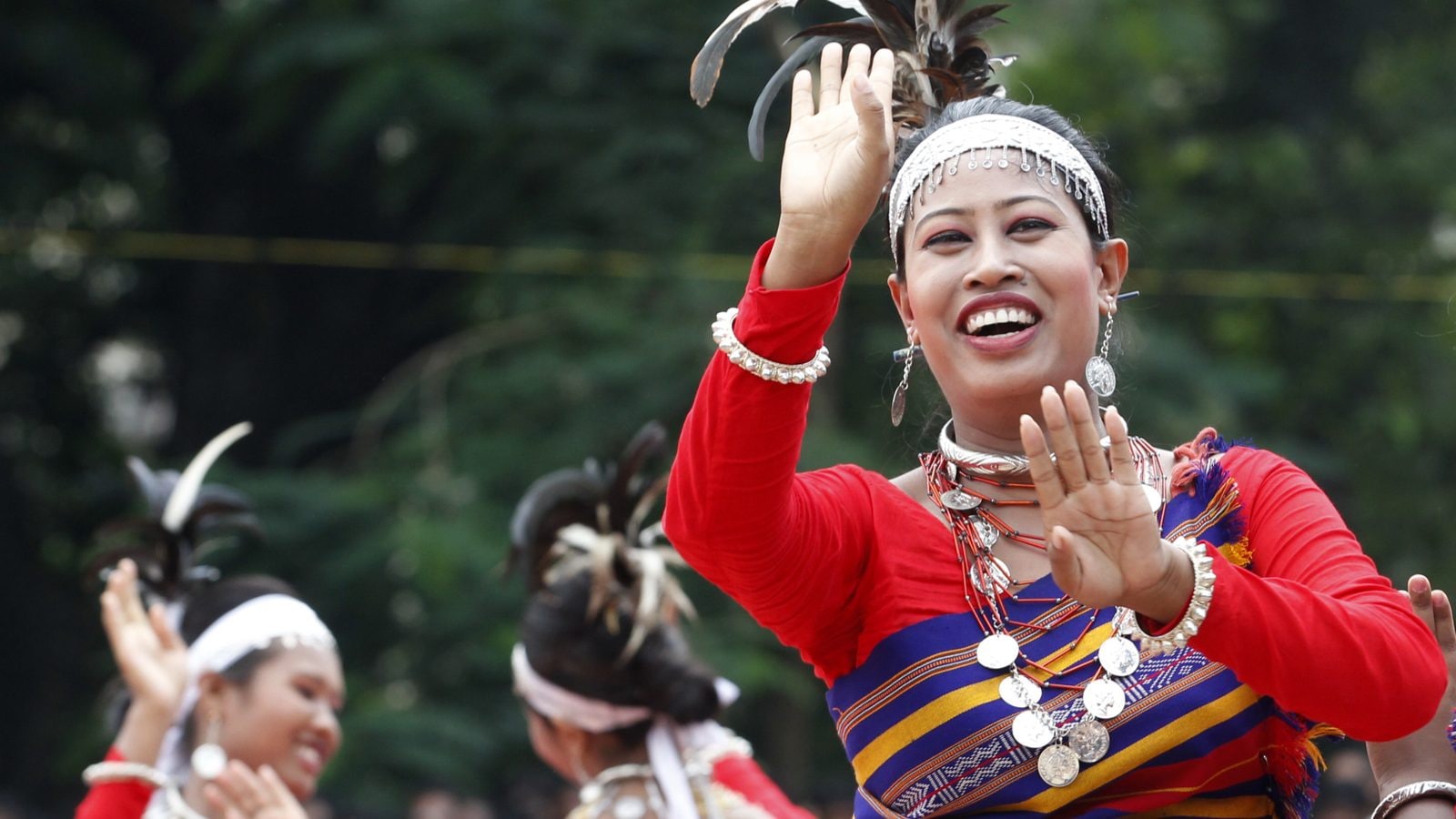Rooted in the Earth: Unpacking the Meaning of "Indigenous"
Rooted in the Earth: Unpacking the Meaning of "Indigenous"

The word "indigenous" carries profound weight, resonating with a deep connection to land, culture, and identity. Often used interchangeably with terms like "native" or "aboriginal," it encapsulates a rich tapestry of history, resilience, and ongoing struggles. But what does it truly mean to be indigenous?
This exploration delves into the origins of the word "indigenous" and its significance in understanding the diverse experiences of indigenous peoples across the globe. We’ll unravel the Latin roots, explore the cultural nuances, and shed light on the vital role of self-determination in reclaiming and preserving indigenous identities.
Related Articles: Rooted in the Earth: Unpacking the Meaning of "Indigenous"
- A Sweet Symphony: Unveiling The Secrets Of Nectar Feeding Birds In Australia
- A Tapestry Of Sustainability: How Indigenous Land Management Ensured Economic Survival
- Unlocking The Timeless Tapestry: Three Essential Things To Know About Aboriginal Dreamtime
- Land, Aboriginal Peoples, And Economic Survival: A Complex And Intertwined Story
- . (site:australian.nativetribe.info)Title
From Latin Origins to Global Recognition:
The term "indigenous" finds its roots in the Latin word "indigena," meaning "sprung from the land" or "native." This simple definition holds a powerful essence: a profound connection to a specific territory, often passed down through generations. While the word itself may be rooted in Latin, its application transcends geographical and linguistic boundaries.
The concept of "indigenous" emerged in the 16th century, initially used to describe the populations encountered by European explorers in the Americas. However, its usage has evolved significantly over time, encompassing a broader spectrum of peoples and cultures across the globe.
Beyond a Single Definition: Embracing Diversity
While the Latin origin provides a foundational understanding, "indigenous" is not a monolithic term. It’s essential to acknowledge the vast diversity of indigenous cultures, languages, and traditions across the world. From the Inuit of the Arctic to the Maori of New Zealand, each indigenous group possesses unique cultural expressions, historical narratives, and relationships with their ancestral lands.
To truly understand "indigenous," we must move beyond simplistic definitions and embrace the richness of individual experiences. This requires recognizing the diverse ways in which indigenous peoples define themselves and their relationship with their territories.
The Importance of Self-Determination:
The concept of "indigenous" is intimately intertwined with the fight for self-determination. Historically, indigenous communities have faced colonization, dispossession, and cultural suppression, often leading to the erosion of their traditional ways of life.

Self-determination empowers indigenous peoples to reclaim their sovereignty, control their destinies, and preserve their cultural heritage. This includes the right to govern their own affairs, protect their languages and traditions, and manage their ancestral lands.
Reclaiming Narrative and Preserving Heritage:
The fight for self-determination is not merely a political struggle but a cultural one. It involves reclaiming the narrative of indigenous history, challenging colonial narratives that often marginalized or misrepresented indigenous perspectives.
This process involves revitalizing languages, reviving traditional practices, and ensuring the transmission of cultural knowledge to future generations. It’s about reclaiming the power of storytelling and ensuring that indigenous voices are heard and respected.
Beyond the Label: Recognizing the Human Element
/what-are-indigenous-populations-5083698-FINAL-eeea1361b27d4235b0a05bc346982252.png)
While the term "indigenous" serves as a valuable tool for understanding the collective experiences of indigenous peoples, it’s crucial to remember that each individual is unique. Beyond the label, there are stories of resilience, creativity, and cultural richness that deserve to be celebrated.
By recognizing the diversity of indigenous experiences, we move beyond simplistic categorizations and engage with the richness of human connection. This requires active listening, respect for cultural differences, and a commitment to building genuine relationships with indigenous communities.
Moving Forward: A Call for Action
The journey towards a more just and equitable world requires acknowledging the historical and ongoing struggles of indigenous peoples. It necessitates a commitment to supporting self-determination, promoting cultural preservation, and dismantling systems of oppression.
This journey involves:

- Supporting indigenous self-determination: Advocating for policies that empower indigenous communities to govern their own affairs, manage their lands, and protect their cultural heritage.
- Respecting indigenous knowledge systems: Recognizing the value of traditional ecological knowledge and incorporating it into environmental policies and practices.
- Promoting cultural exchange and understanding: Creating opportunities for cross-cultural dialogue, sharing stories, and fostering mutual respect.
- Challenging colonial narratives: Engaging with critical perspectives on history, recognizing the impact of colonization, and challenging racist and discriminatory practices.
FAQ:
Q: What is the difference between "indigenous" and "native"?
A: While often used interchangeably, "indigenous" is generally considered a broader term encompassing all peoples who have a historical connection to a specific territory. "Native" can be more specific, referring to a particular geographic region or nation.
Q: Why is it important to use the term "indigenous"?
A: The term "indigenous" acknowledges the historical and ongoing struggles of these communities, emphasizes their connection to land, and respects their self-determination.
Q: How can I learn more about indigenous cultures?
A: Engage with indigenous voices through books, documentaries, art, and music. Attend cultural events and workshops. Support indigenous-led organizations and initiatives.
Q: What are some ways to support indigenous self-determination?
A: Advocate for policies that promote indigenous land rights, language revitalization, and cultural preservation. Support indigenous-owned businesses and organizations.
Conclusion:
The word "indigenous" represents more than just a label; it embodies a deep connection to land, culture, and identity. By understanding its origins, embracing its diversity, and supporting indigenous self-determination, we can work towards a world where indigenous voices are heard, their cultures are celebrated, and their rights are respected.

Closure
Thus, we hope this article has provided valuable insights into Rooted in the Earth: Unpacking the Meaning of "Indigenous". We hope you find this article informative and beneficial. See you in our next article!


